In a codependent relationship, one person’s needs and feeling takes precedence over another partner. Emotional dependency can be very unhealthy where the giver loses a part of themselves. Here’re the subtle signs of codependency in your relationship that you didn’t realize that you were being codependent.
Are your friends telling you that you are being codependent in your relationship? Do you not really know what that means? Is it a term you have heard but are you not clear on its meaning?
The definition of a codependent is characterized by excessive emotional or psychological reliance on a partner, typically one who requires support on account of an illness or addiction.’
Here Are The Signs Of Codependency In Relationships
Now that you understand what the term ‘codependent’ means, let’s explore the signs of whether you are being codependent in your relationship.
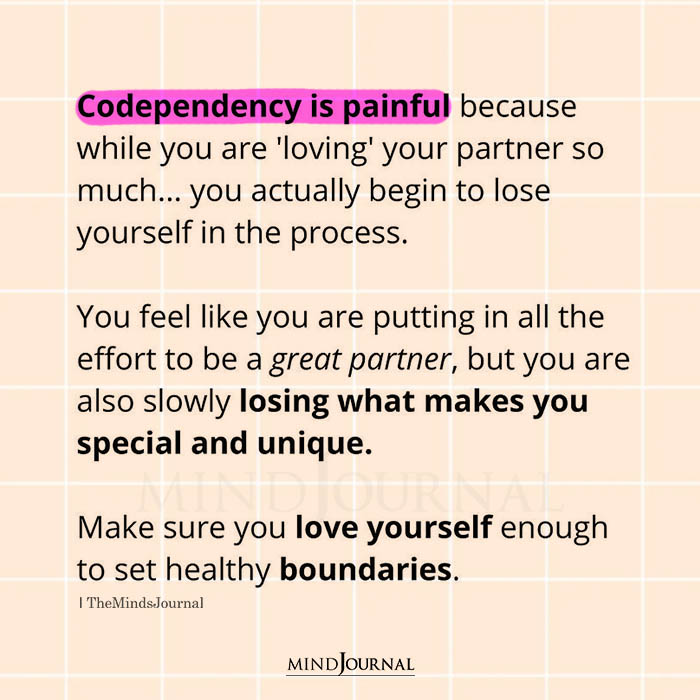
1. The need to please.
Do you do anything that you can to please your partner? Do you dress the way they want you to, listen to the same music they do, cook only their favorite things, compliment them on everything? Have you basically let go of who you are to keep your person happy?
And have you done this because you are afraid that if you don’t, your partner will be angry or, even worse, leave you?
I have a client who bent over backward to please her partner. She was sure that if she didn’t, he would leave her. She attended to his every need, pretended that it was ok that he was always late coming over, bought him things, and walked his dog. Why did she do all of these things? Because she was worried that he would leave her.
Ultimately, he did leave her. He recognized the codependency in their relationship and didn’t like the role that he was playing in it. So, he left, got his shit together, and soon after found someone who didn’t bend over backward to please him, with whom he could have a healthy relationship.
2. Caretaking.
I know that caretaking might seem a lot like doing anything to please your partner but it isn’t. Caretaking is supporting your partner’s illness or addiction in a way to justify behaviors or even hide it from the world.
I have a client who was in a long-term relationship with an alcoholic. He would go on 3-day benders where he disappeared. He would call her from a police station, having been arrested. He was narcissistic and inconsistent in his feelings for her and their relationship. He was verbally and emotionally abusive. And, in spite of all that, she still loved him. And, even worse, she protected him.
My client used to go out of her way to protect her man, to not let the world see what he was struggling with. She hid his drinking from his children, she made excuses when he didn’t show up to family events, and she justified his absences from their life together.
She took care of him to the point that she was enabling his behavior, his addiction. And this is one of the most destructive hallmarks of codependency – caretaking someone in such a way that you don’t give them the opportunity to heal!
Read: Changing Codependent Dynamics in Abusive Relationships
3. Dependency.

As I have described above, the signs that you are being codependent in your relationship, one would think that the person being taken care of would be the dependent one. And while that is true to a degree, there is a dependency on the part of the caregiver that is a sign of codependency.
What do I mean by that?
In the example of my client, over the years she came to NEED to take care of him almost more than he needed to be taken care of. Her determination to keep him safe and well cared for was something that she needed in her life and she felt like, without it, she might die.
As a result, even when faced with his toxicity, she didn’t walk away. She was as addicted to taking care of him as he was to the alcohol. As a result, she couldn’t leave. Even more so, she needed to stay.
So, if you find that you are dependent on taking care of your person as a way to keep yourself feeling safe, then that is definitely a sign that you are being codependent in your relationship.
4. Low self-esteem.
In any list that I write about signs of a toxic relationship, lack of self-esteem is on there. Lack of self-esteem is definitely one of the top three signs that your relationship is not healthy.
And why does being codependent in a relationship lead to low self-esteem? It seems like it would be the opposite because you are taking care of someone and that must make you feel good about yourself, right?
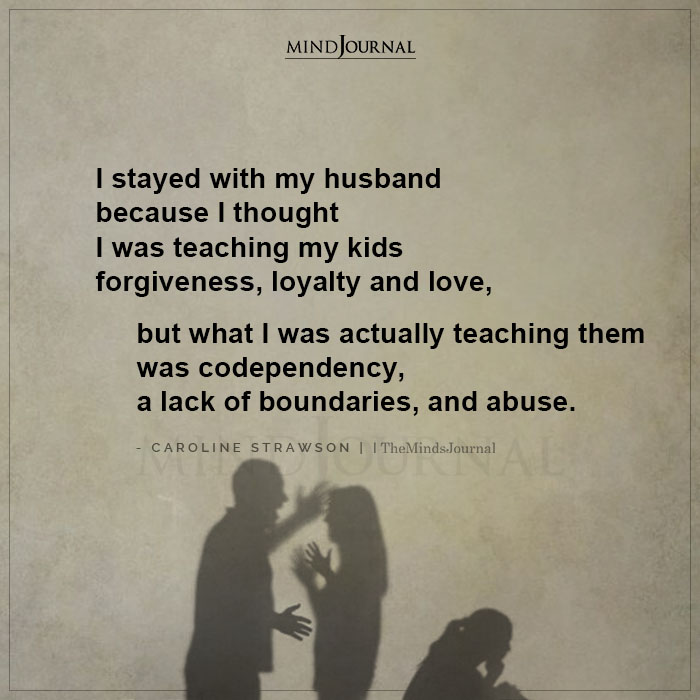
Yes, taking care of someone feels good, if you are doing it in a healthy way. BUT, if you are being codependent in your relationship, you are over-giving. You are over-caring. And you are doing so at the expense of your own mental well-being.
For my client, her addiction to caring for her partner became the central focus of her life. She gave up work, friends, family, and her health in an effort to make sure that her man was well taken care of and protected from outside influences. As a result, her self-esteem sank lower and lower because she stopped knowing who she was outside of the relationship.
Before she met him, my client owned a successful business, was an avid tennis player, had tons of friends, and was a great mom. Slowly, one at a time, those things fell away. The things that she enjoyed she stopped doing. Her work suffered as did her children. And, as a result, she felt worse and worse about herself.
Ironically, the lower her self-esteem sank, the more she engaged in the codependent behaviors because, perversely, those behaviors, she believed, would make her feel better about herself.
Read: 10 Sources Of Low Self-Esteem And How They Manifest
5. An inability to communicate.
The inability to communicate is, like low self-esteem, one of the top three indicators that your relationship is toxic. Communication in a relationship is the thing that holds it together. Not being able to communicate can kill even the healthiest relationship.
As a couple falls into these codependent behaviors, they stop communicating in any meaningful way. Because their lives are basically an illusion, their individual behaviors are based on addiction or caregiving, or some other similar cycle, a couple in a codependent relationship just can’t ‘go there,’ they can’t talk about their relationship or, usually, anything at all.
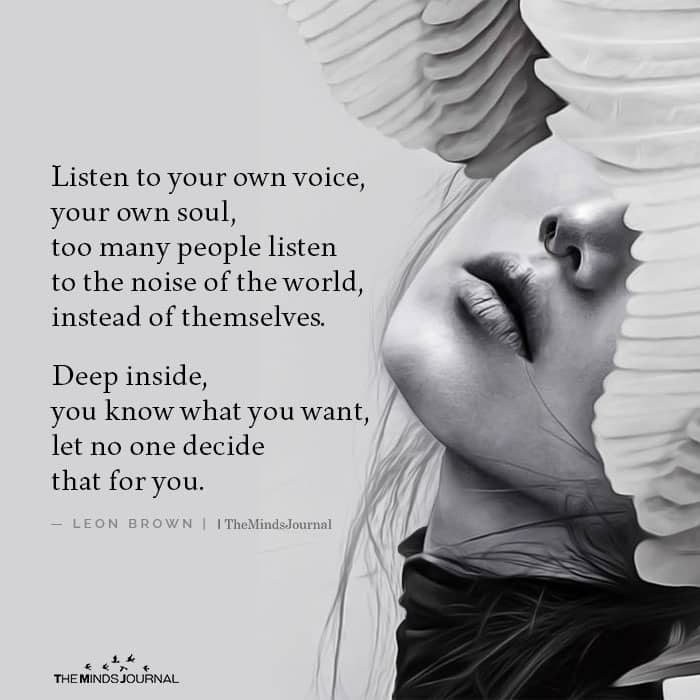
And what happens as communication fails in a relationship? Nothing but a big huge mess. The caregiver tiptoes around their partner, trying to keep them happy and safe. The person who is struggling might feel guilty or angry or ashamed or unaware of the efforts of their partner and, because they are struggling, they might project their issues onto their partner.
From there it is a slow, slippery slide down into chaos, into a codependent relationship that is so toxic that one wonders if anyone can emerge from it intact.
So, if you find that you and your partner can’t communicate about anything, other than perhaps the weather, you are most likely being codependent in your relationship.
Recognizing the signs that you are being codependent in your relationship is a key way to either prevent yourself or escape from, that toxic relationship.
In the case of my client, she was able to eventually get away from her partner. Her self-esteem was left in tatters but she wasn’t experiencing this codependency day in and day out so she was able to start to heal.
So, look out for the signs in your relationship. Do you over-give or take care of your person in a way to keep them happy or to protect them? Are you dependent on that caregiving for your own happiness? Are you struggling with who you are in the world? Can you not talk about any of it with your partner? If any, or all, of these signs, are present, you might very well be being codependent in your relationship.
I can tell you that codependency doesn’t have to be forever and it doesn’t have to mean the death of a relationship. If both parties recognize the codependent behavior and are willing to make a change, a good therapist or life coach can work with you to alter your behaviors. That being said, if only one person wants to make a change, chances are that the relationship will stay codependent and toxic.
So, take a good look at the state of your relationship so that you can decide if you want to stay and make it work or get on with your life, toward finding a healthy relationship so that you can be happy!
You can do it!
Written By: Mitzi Bockmann Originally Appeared On: Let Your Dreams Begin
Frequently Asked Questions (FAQs)
What is a codependent relationship?
Being in a codependent relationship means that one is in a type of toxic relationship where they act as a caregiver while the other takes advantage of the situation.
How to stop being codependent in your relationship?
Prioritizing yourself is one of the most effective methods to overcome becoming codependent in relationships. Going out and doing something you enjoy without having to worry about your partner’s reaction.


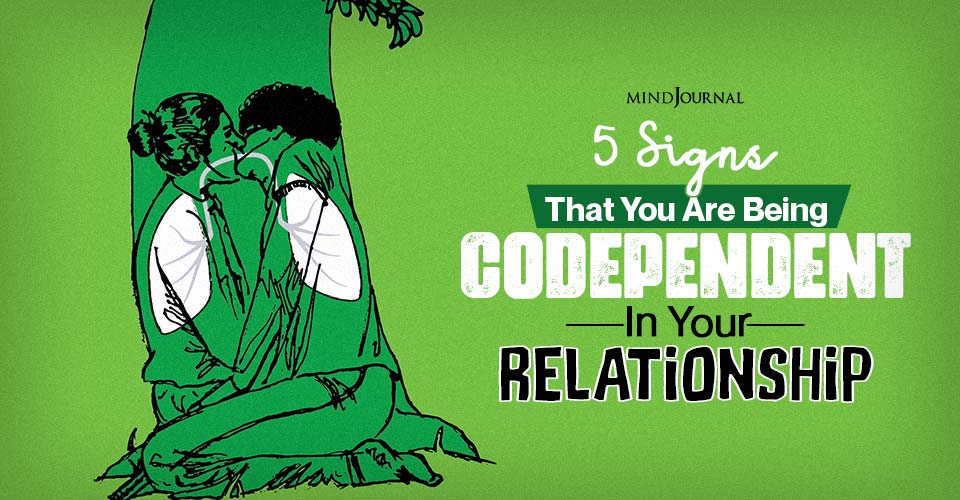
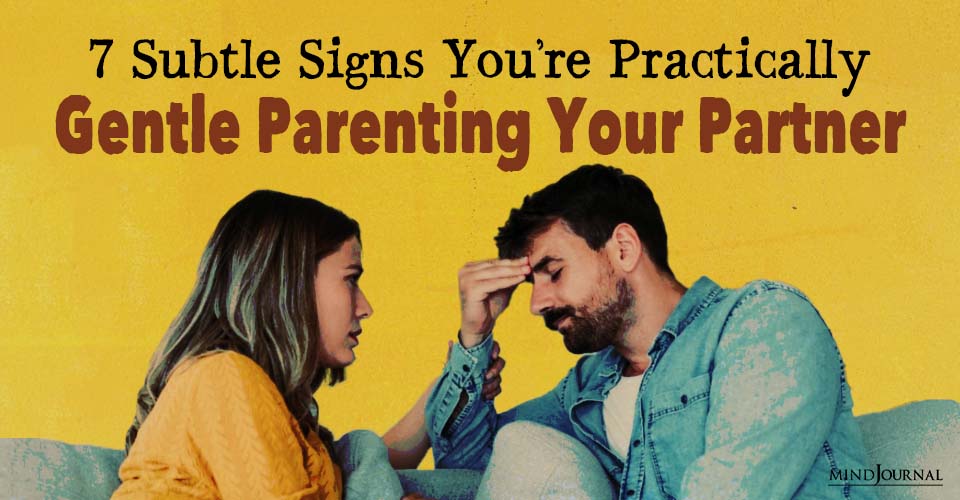




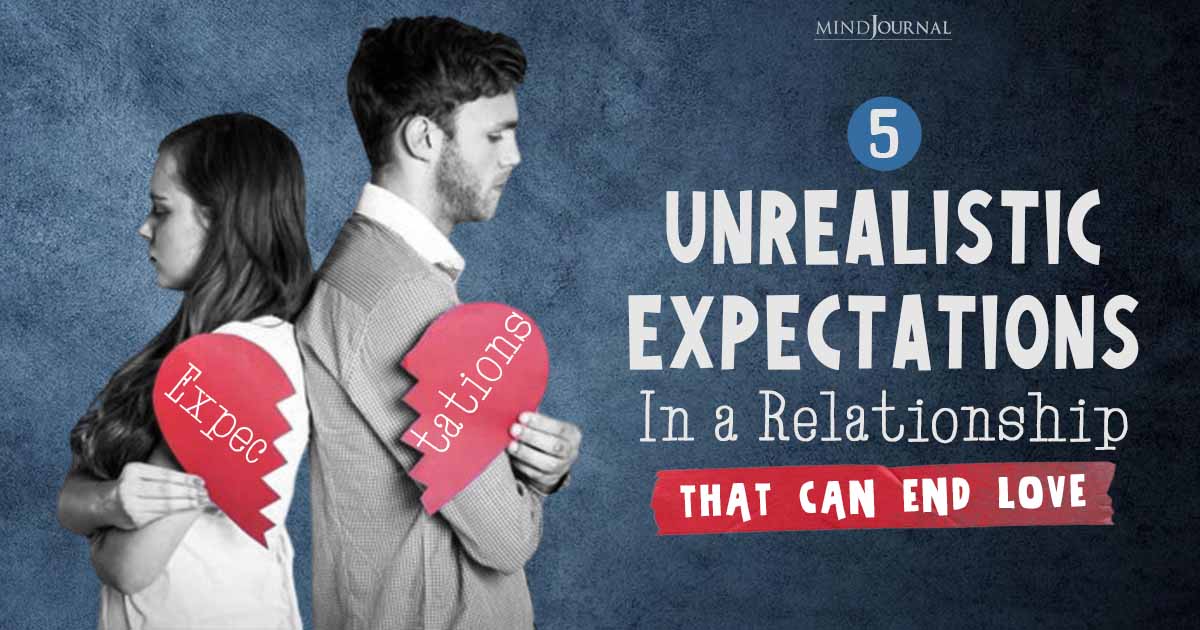
Leave a Reply